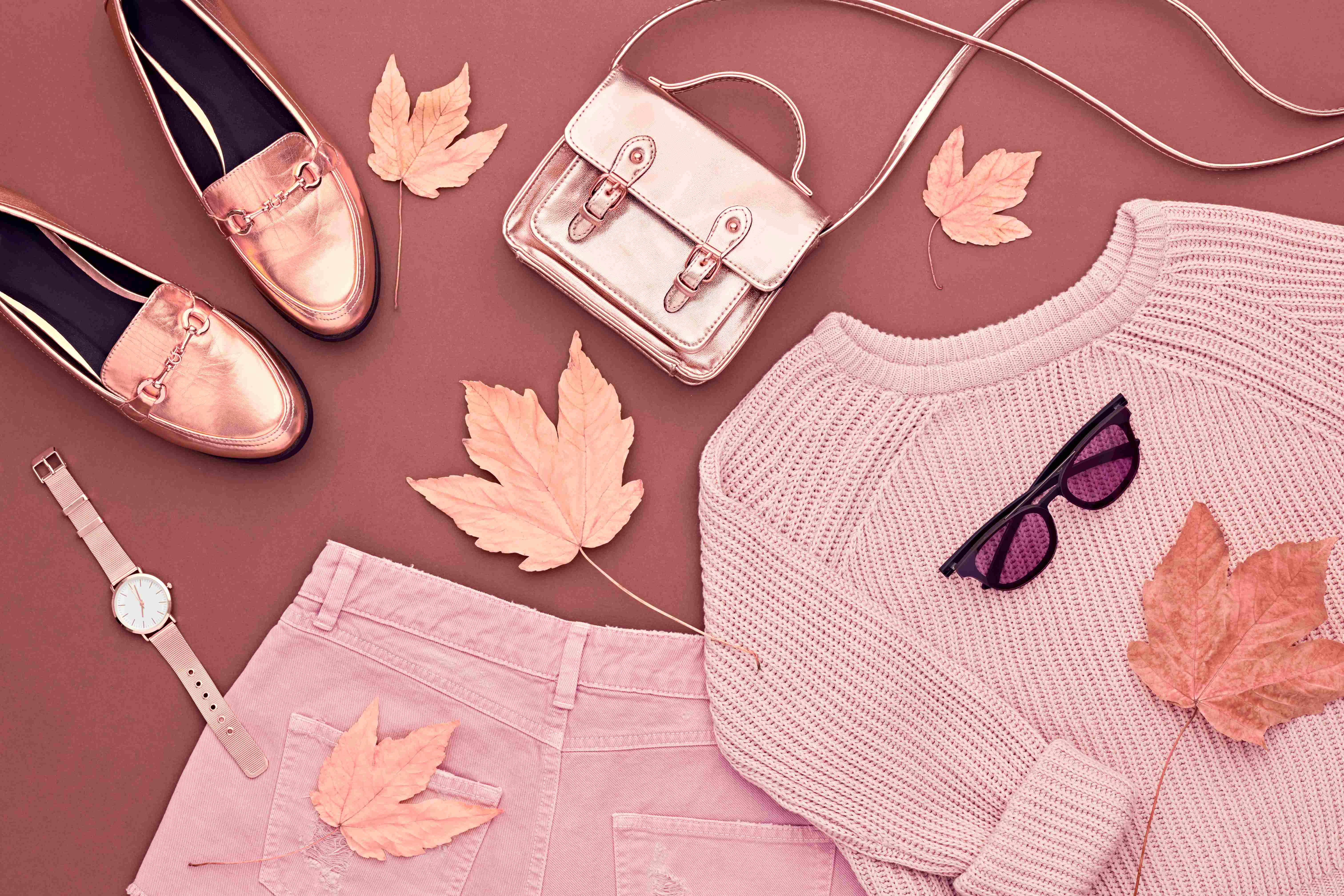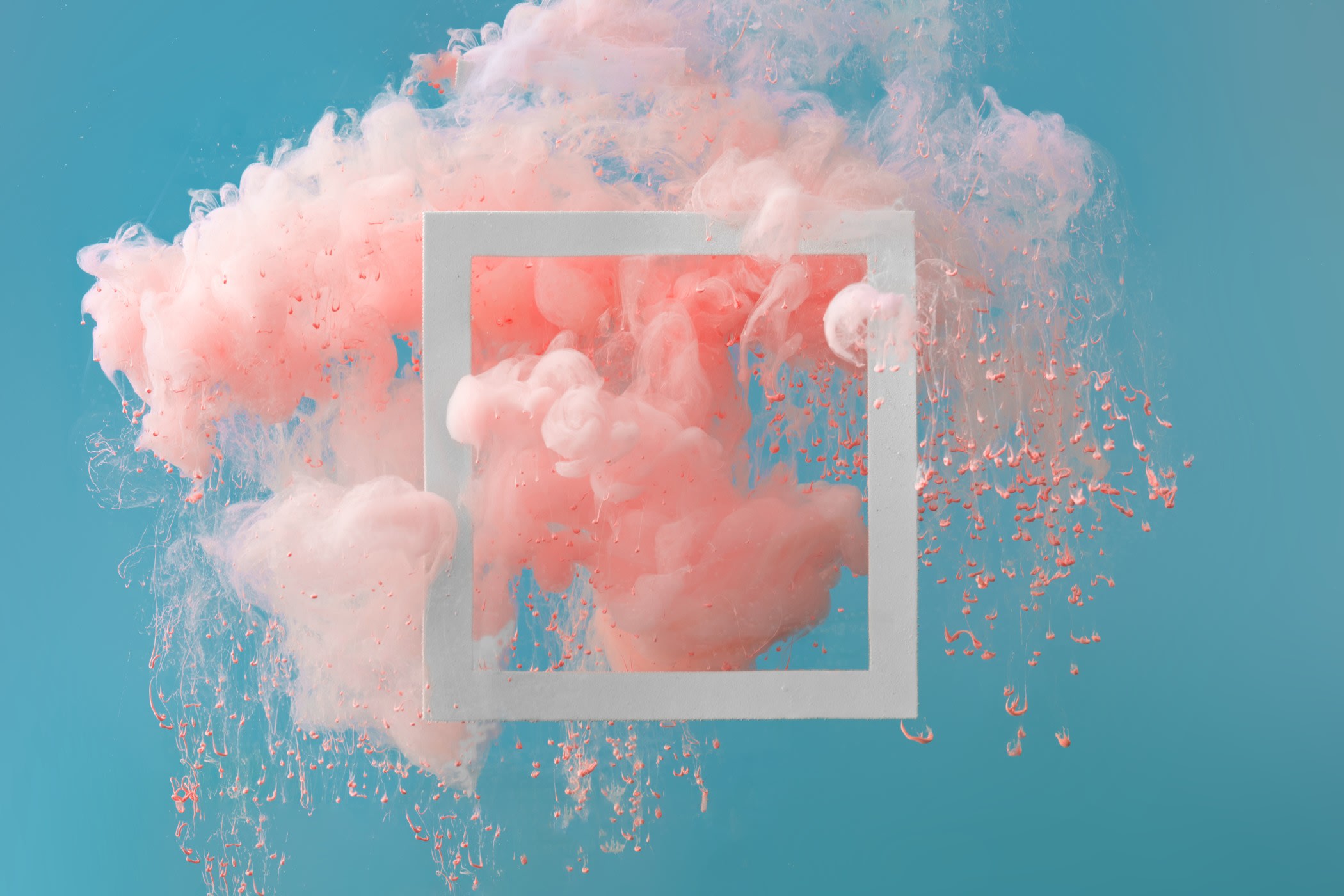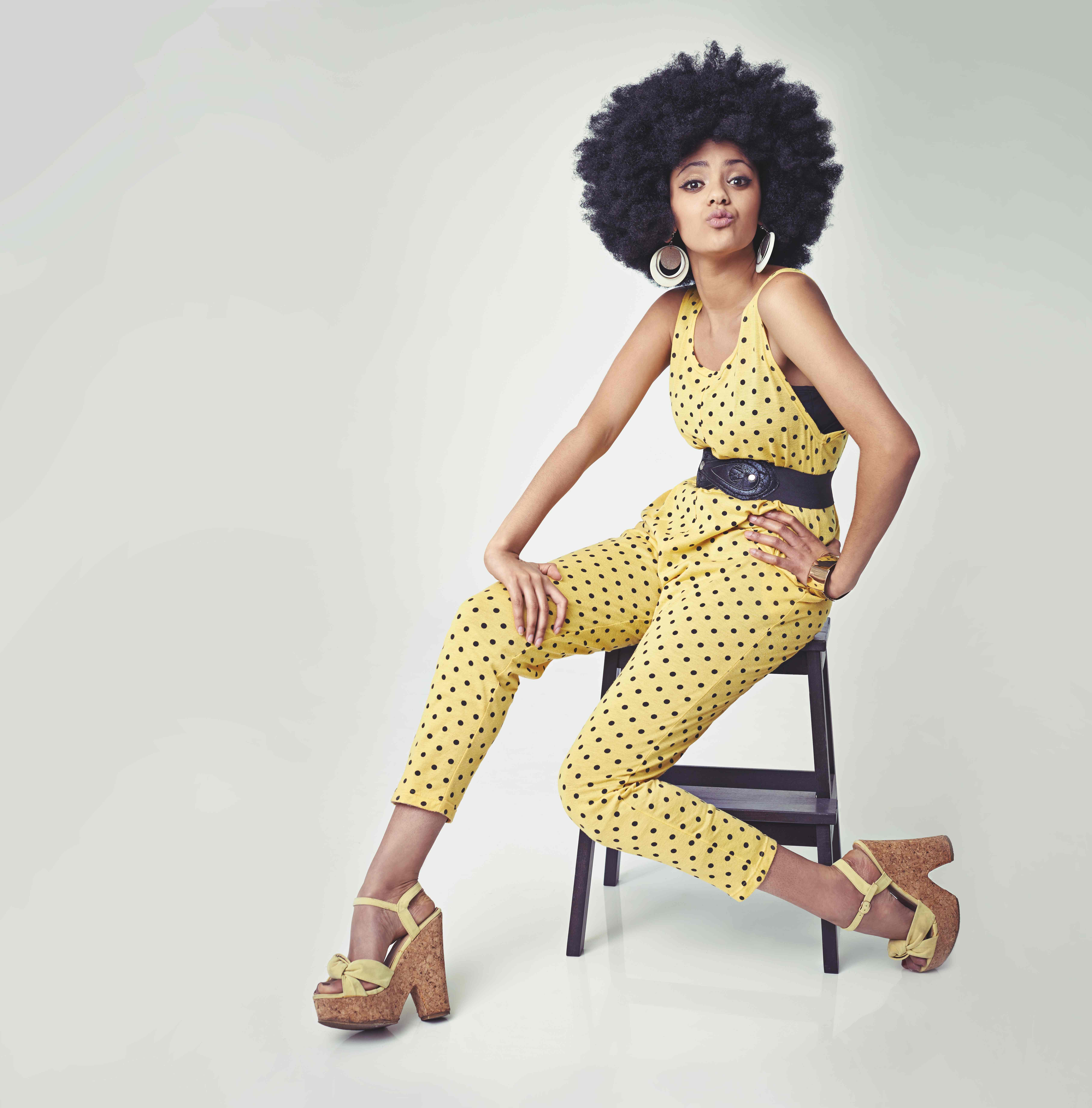What Is Trend Forecasting, And Why Is It Relevant For My Fashion Brand?

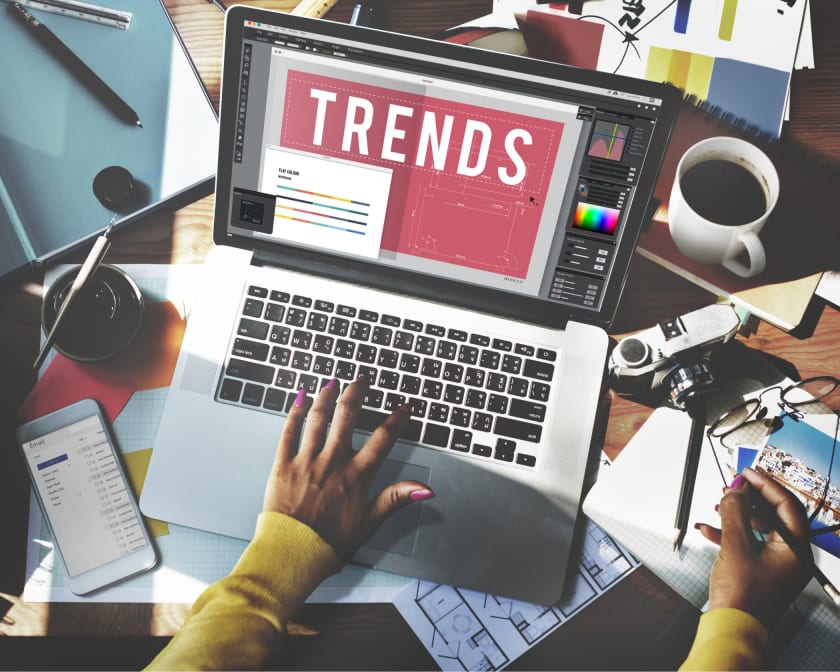

The process of curating and designing products for customers has been drastically impacted by COVID-19. Designers need to develop products that match consumers’ demands. With the right trend forecasting, customers get insights and thus strengthen their range of products and make it post-COVID ready.
Trend forecasting means researching and composing predictions on customers’ future purchasing traits. By recognizing the origin, tracing the patterns of trends, and studying evolution, forecasters provide a broader perspective to designers and brands with insights into future fashion trends. A forecaster studies and identifies social, ethical, environmental, and cultural shifts and how they will affect consumers’ future behavior.
There are several types of fashion consultant forecasters: long-term and short-term forecasters. Forecasters might analyze seasons, fashion samples, predictions of color, picture portfolios from different fashion designers.
Types of fashion forecasting
Long-term Forecasting - Long-term forecasters have a more subjective approach than short-term fashion forecasting. Long-term fashion forecasting is generally more about observing the cultural ground. Fashion forecasts predict multiple future scenarios in the industry. Based on that data, they come with the best and worst options, which helps apparel makers and designers save budget and funding.
Short-term Forecasting - Short-term fashion forecasting is immediate and hence requires immediate forecasting techniques. Social media has proven to provide the best insights for immediate fashion forecasting and emerging trends in fashion businesses. Short-term fashion forecasting focuses on the small details, like color and pattern changing from season to season. Fashion consultants spend ample time calculating the splash of colors and combining that research with the latest trend.
How are trend forecasts recorded?
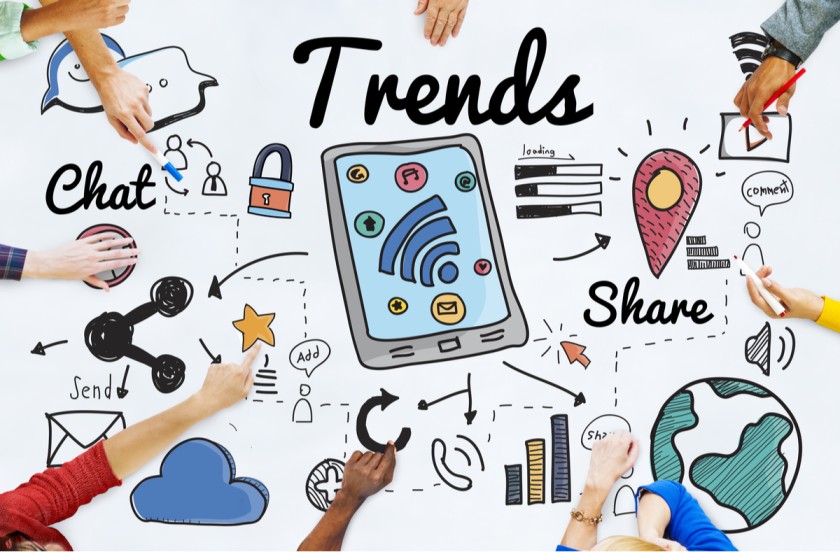
Trend forecasts are like stimulators to a customer’s demand or a cultural shift, which takes them to a better, new, and more acceptable fashion trend. These are the ways to identify evolving trends and techniques in their forecasting.
Identifying what has ‘clicked’ a customer is often a great point to start. These are pretty common ways a trend emerges, or an innovation of new fabric is being introduced, known as a Pendulum Swing or a Fashion Cycle.
What is a pendulum swing in fashion forecasts?
The pendulum swing in fashion forecasting refers to shifting two extremes of fashion trends, such as fluctuations between casual or dressy, short hemlines or long hemlines, or fitted or flowy silhouettes. An example of a recent pendulum swing is from the active sportswear of 2010, which was more of a dominant sporty look, and later fluctuated towards a much more feminine aesthetic.
The fashion trend and interior trend are cyclical. As fashion trends or interiors go back into the past, the approach towards it changes, both of them tend to look vibrant again. To calculate the customer’s interest, forecasters track how innovation has been adopted and at what speed. Let’s take an example of sustainable fabric development like Econyl and Repreve. A few years ago, it was inventory for a swimwear brand to introduce a sustainable plastic bikini range as compared to now. However, these sustainable fabrics are adopted by many swimwear and activewear brands.
How does a professional forecaster work?
An experienced forecaster uses procedures and techniques that include qualitative research processes and tests to form forecast reports for brands, services, and products.
The forecasters predict the trends based on the following factors-
- Variation in customers’ interests, values, and motivation
- Development in science and technology.
- Demographic shifts that can change the structure of the society
- Variation in market structure
- Changes in industries
- Changes in political, economic, and cultural alliances between countries
A hypothesis on-trend is created, divided into drivers, results, and impacts. Their research is fixed into scenarios and evolving trends themes that have information about aesthetics, fabrics, textures, patterns, and prints.
How is trend forecasting relevant for my fashion brand?
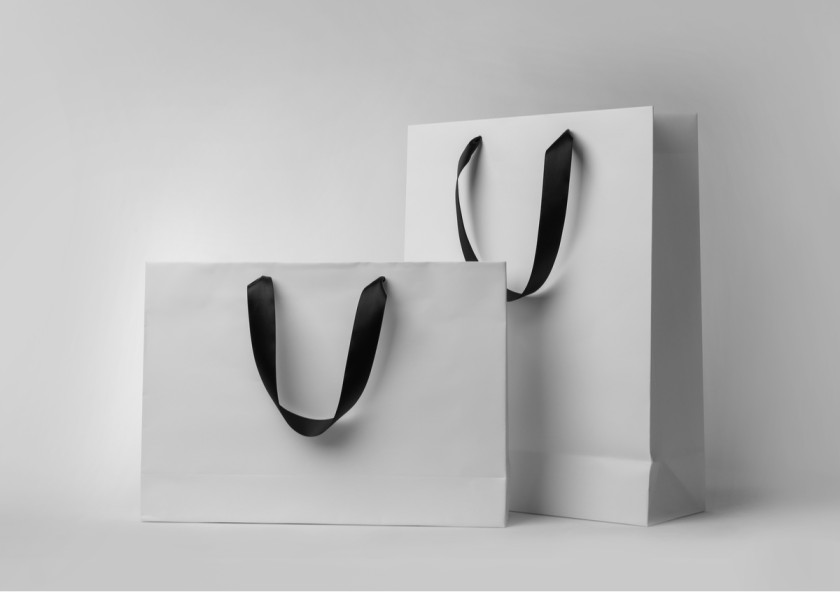
Fashion trends indicate the customer’s evolving needs, and as a fashion designer, capitalization on their potential can be beneficial. By comprehending customer shift and product anticipation of trends, a business can easily avoid wrong decisions and occupy market opportunities.
A usual dilemma of a designer is the conviction to back a certain style. Trend forecasters help brands validate a design idea or the sight you have for the brand. Using fashion trends insights carefully can strengthen your brand, giving a clear picture of your consumers, your brand’s target market. USPs can add so much to your trend insights that can cater to the power of forecasting to help brands and businesses grow.
-Trend forecasting helps set plans.
Trend forecasting helps brands to determine reasonable goals established on current and old data. Access to accurate data and statistics can help forecasters analyze and decide what kind of change is required to determine its success. These goals help to measure progress and business processes in the desired way.
-Trend forecasting helps in budget.
Having an eye into trends and variations helps brands get an idea of where to allocate their money and time on some offers such as services, products, etc. Having an insight into new businesses and old predictions of trends makes it a significant insight for a better allocation of finance.
-Trend forecasting helps predict change in the market.
An insight into current analysis and predictions of what could happen in the future is also important. It helps brands adjust to business strategies and variations in current operations to change the result.
Forecasting helps position the brand and find ways to become active instead of reactive. Suppose if a trend is predicted to capture the industry, it is important to adjust to the market and audit resources to the industry overall and stand different from the competition.
Trend forecasting is essential to growing your business, especially since you work in fashion. Therefore, if you forecast a trend and need help with outsourcing apparel in the preparation, get in touch with Fashinza. It connects you to the best-in-business manufacturers and takes care of all the operations from design to delivery. If you need help sourcing clothes for your clothing brand, contact Fashinza today.















